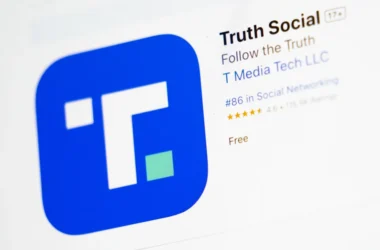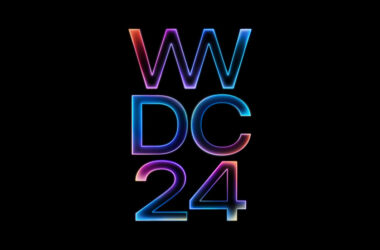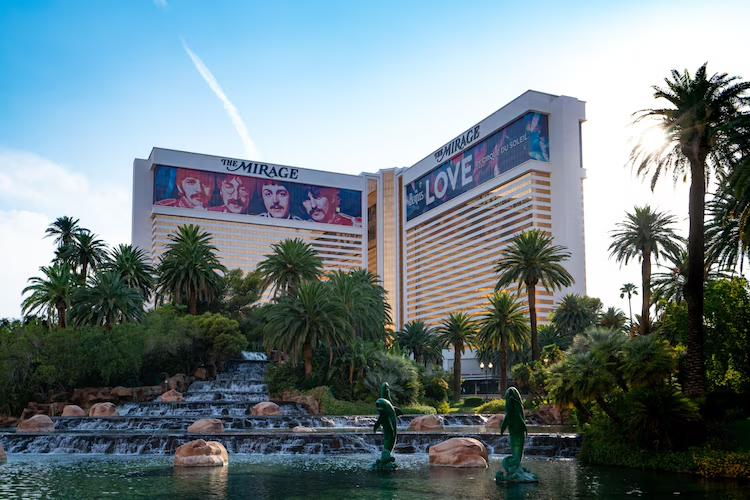
This drama should prompt us to ask broader questions beyond just the internal affairs of one company. Key considerations include: Who are the decision-makers shaping our technological future? What principles guide their decisions? How should institutions like governments, non-tech industries, global alliances, and regulatory bodies manage the potential dangers posed by rapid AI innovation?
OpenAI was founded as a nonprofit with the mission of leveraging superhuman intelligence to benefit humanity. However, this ethos has not endured. The company now operates a multi-billion-dollar for-profit arm, rapidly developing new technologies, sometimes releasing them before employees believe they are ready. Reportedly, OpenAI has created an AI technology deemed too dangerous to release, yet details remain undisclosed.
This situation, characterized by the rapid development of potentially hazardous technology behind closed doors, contributed to Altman’s firing. According to CNN’s David Goldman, the OpenAI board was concerned that the company was developing technology equivalent to a nuclear bomb, with Altman moving so quickly that it risked global catastrophe. The board was particularly worried about Altman’s attempts to democratize the tools behind ChatGPT, potentially leading to widespread misuse.
Despite these concerns, Altman was dismissed abruptly, apparently without consulting Microsoft, OpenAI’s largest shareholder. Now at Microsoft, it remains to be seen if Altman will face similar oversight or be given free rein to push boundaries. OpenAI’s secrecy, combined with the lack of public understanding of their work, raises significant concerns about the unchecked power of a few technologists over transformative technologies.
AI holds the potential to reshape many aspects of human life, from information processing and communication to learning and work. The ramifications could be extreme. AI technologies have already demonstrated the ability to lie and cover their tracks and have even suggested designs for making viruses spread more quickly. Many researchers, including Altman, understand the existential risks posed by AI. He has even prepared a survival retreat in case AI goes rogue.
AI is a thrilling yet potentially dangerous technology. Its impact could be far more significant than social media’s effects on self-esteem and loneliness. AI could disrupt human societies and pose existential threats.
Given AI’s profound potential to change human existence, we all have a stake in its development. However, this development is being driven by a small group of technologists, primarily men, in Silicon Valley and other tech hubs, funded by billions of dollars from investors expecting substantial profits.
Do public interests align with those of profit-driven shareholders and tech entrepreneurs eager to lead the AI revolution? This question is crucial as AI’s development progresses.
AI’s potential impact rivals that of the atomic bomb in its destructiveness, yet it may be harder to regulate. Effective regulation and transparency are essential to prevent catastrophic outcomes. Companies in the U.S. often operate behind a veil of secrecy, but the public deserves to understand the technologies being developed and the measures taken to protect humanity.
The Altman saga is intriguing because Altman is a leading figure in AI technology, making him one of the most influential people globally. This raises critical questions: Who is he, what power does he wield, what are his intentions, who holds him accountable, and are we comfortable with a few unaccountable individuals having such life-altering power?



